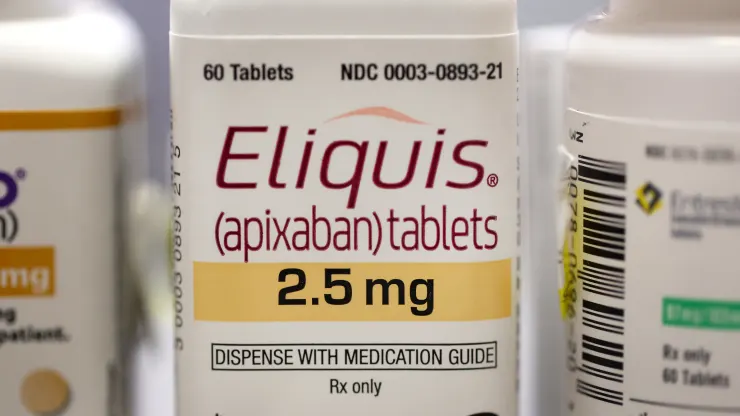Medicare drug price negotiations may have a muted impact

As part of Medicare’s bid to make expensive treatments more affordable for older Americans, it will negotiate prices for 10 different drugs with manufacturers. However, the pharmaceutical industry has fiercely opposed this process.
For at least this first round of prescription medicines, analysts believe the drug price talks will have a muted financial impact on manufacturers.
Since other factors are already expected to affect revenues and profits of the drugs on the list, any negative impact from lower negotiated prices could be minimized. Many of these drugs are already being challenged by other branded medications or will see their patents expire in the coming years, allowing generic alternatives to enter the market.
Additionally, some of the drugs on the list don’t contribute significantly to their company’s revenue.
As far as this initial list of drugs is concerned, the commercial impact of negotiations will be limited, according to Mizuho Securities managing director Mara Goldstein.
Future rounds of negotiations may change that, analysts say.
In August 2024, the Biden administration will unveil the much-awaited list of drugs, kicking off a lengthy negotiation process. In January 2026, the reduced prices will take effect.
According to the list, prescription medications covered by Medicare Part D had the highest spending between June 2022 and May 2023. There are blood thinners from Bristol-Myers Squibb and Johnson & Johnson, as well as diabetes medications from Merck and AstraZeneca.
It is possible, however, that the negotiated prices will never be implemented. The negotiations have been halted by lawsuits filed by several drugmakers, including a few whose medications are on the list. That could set up split appellate court decisions and fast-track the dispute to the Supreme Court.
Meanwhile, the U.S. Chamber of Commerce, one of the largest lobbying groups in the country, is seeking a preliminary injunction to halt negotiations before Oct. 1.
